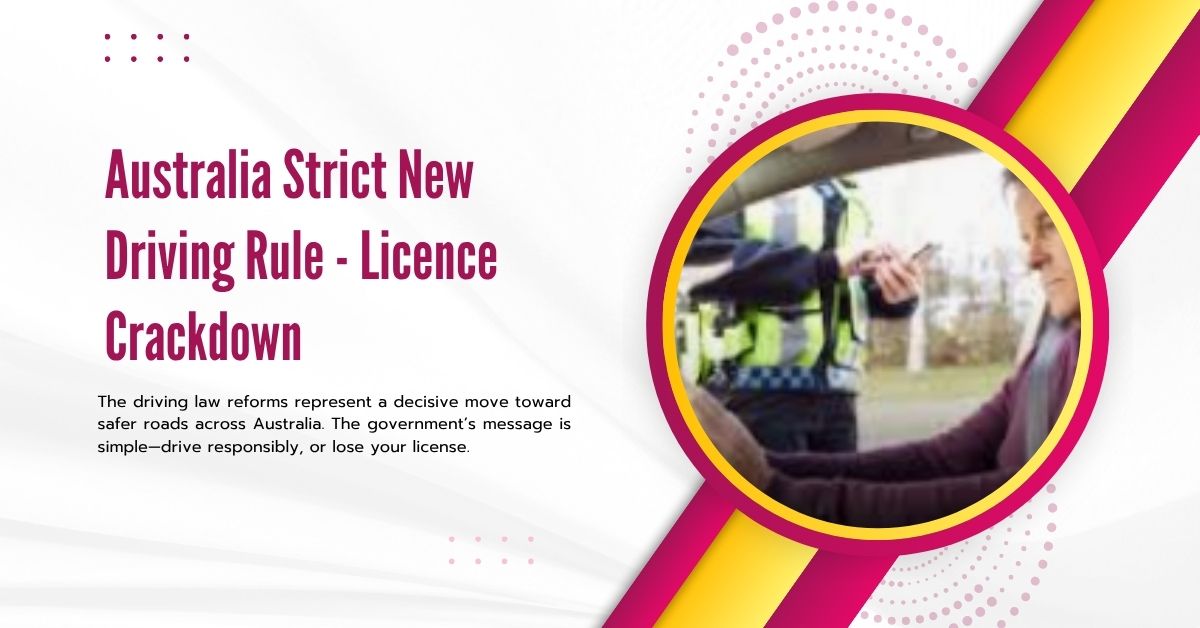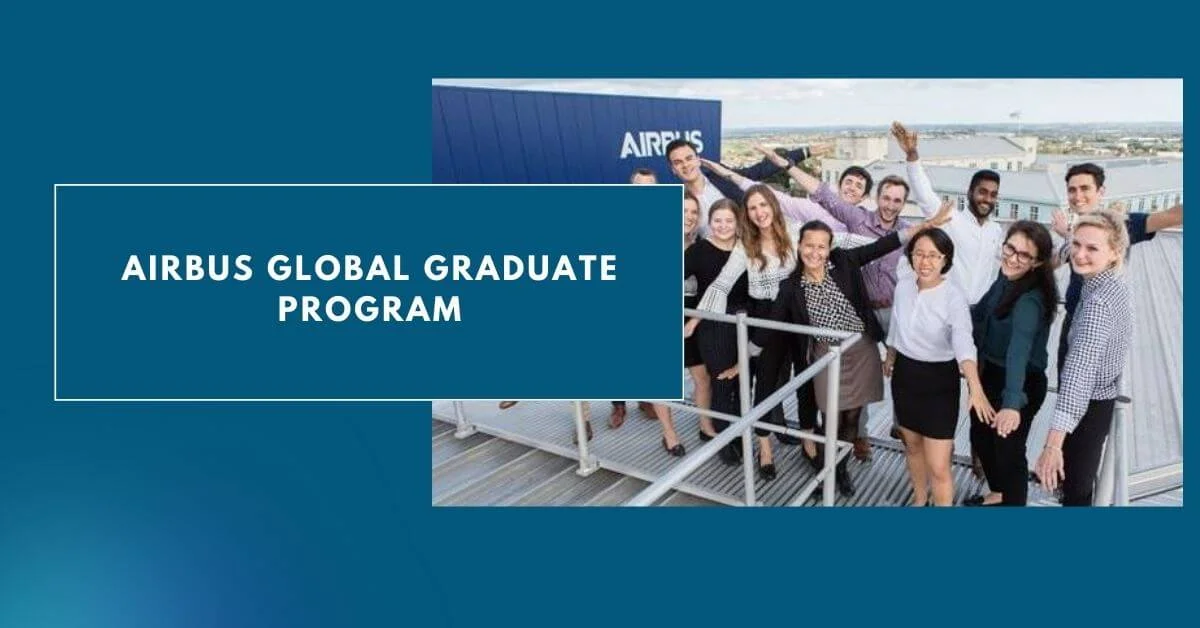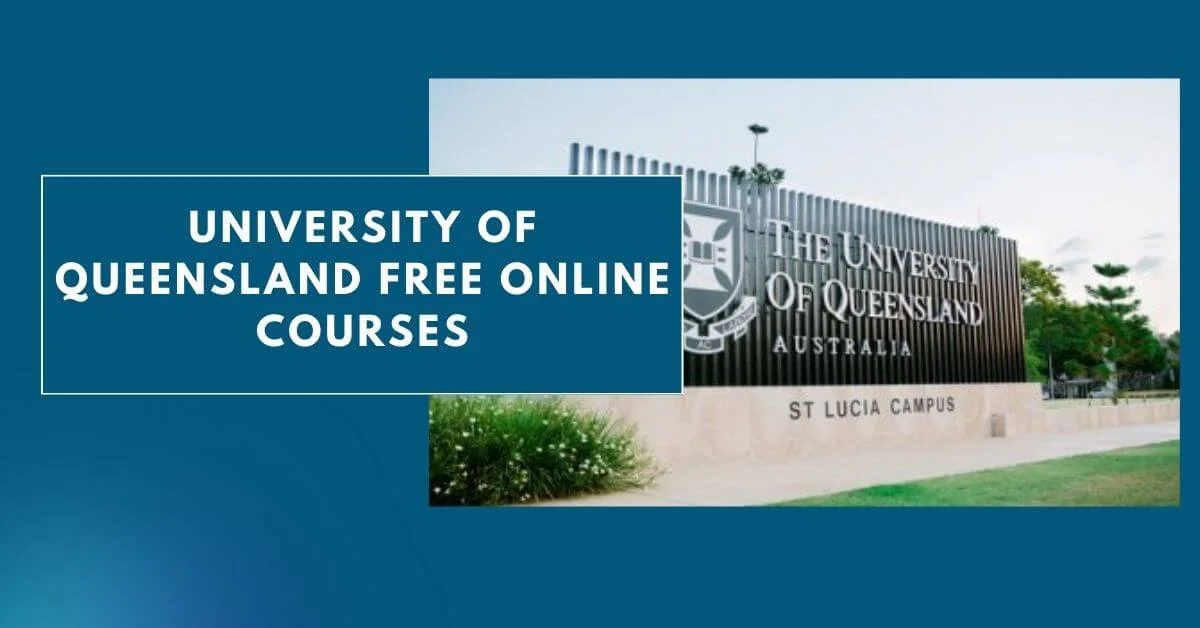Important Things to know before Studying in Australia: When we think about Australia, we envision coral reefs, lovely sandy beaches, and an abundance of wildlife. Nonetheless, there is plenty to learn about this island nation. If you are considering studying abroad in Australia, it is essential to conduct research on the country’s history, culture, cuisine, and social customs. Otherwise, you may find yourself in a dilemma or be confronted with unpleasant shocks abroad.
Details About Important Things to know before Studying in Australia
Whether you opt to study in Australia through a third-party program provider, your home institution’s program, or by enrolling directly in an Australian university, your adviser may have omitted some information from your pre-departure orientation packet. Before departing for the Land Down Under, allow us to provide you with some essential information.

1. Student visas are necessary for long-term study
To study in Australia for more than three months, a student visa is required. The application process is quite simple. No embassy visits or waiting for it to arrive in the mail are required, as everything is completed online and connected to your passport. The application fee for this visa begins at $650 AUD ($450 USD).
If you want to study for less than three months, you should be eligible for a standard visiting visa, which will save you time and money.
Check Also: Requirements for Studying in a German Higher Institution
2. You may need to get health insurance
If you are participating in a study abroad program, health insurance may be included. But, if you are attending a university directly, you will likely be required to purchase health insurance in Australia.
Foreign Student Health Cover (OSHC). Insurers can provide a variety of different OSHC policies, so you should enroll in a plan that provides the coverage you require. Remember to check with your study abroad program to ensure that you have a complete understanding of what is and is not included.
3. Australia is expensive
Sydney and Melbourne consistently rank among the top 10 most expensive cities in the world. From accommodation to food, be prepared for sticker shock and be sure to have a substantial amount of cash on hand. According to Numbeo, a one-bedroom apartment in Melbourne’s central business district will cost $1,400, while the identical unit in Sydney will cost just under $2,000 USD.
Create a budget and make every effort to adhere to it. In addition to tuition and room and board, we recommend spending an additional $6,000 to $7,000 for living expenditures. If this figure causes a price shock, make sure to read up on how to study abroad on a budget in Australia.
4. The seasons are flipped
If you travel to Australia during the summer in the northern hemisphere, for example, you will be traveling directly into winter. Yet despite the thoughts of sunlight and beaches that may be floating through your mind, if you are studying in one of the south’s major cities (such as Sydney or Melbourne), you WILL experience chilly weather. July is the coolest month in Sydney, with average daily highs of 62F (17C) and lows of 47F (8C) (8C). July is also the coolest month in Melbourne, with highs around 55F (13C) and lows around 44F. (7C). Be sure to pack appropriately!
5. Know the official (and unofficial) rules of the road
There is a considerable probability that you may rent a car at some time when traveling abroad. As in other Commonwealth nations, Australians drive on the left side of the road. This is something you should know before you get behind the wheel. Always be aware of traffic cameras. And, weirdly, don’t drive at dawn or dusk!
Yeah, this may sound completely random, but in the early morning, late evening, and even at night, kangaroos are many and far more difficult to anticipate. And not only will they cause damage to your vehicle, but also to your emotions — how terrible would it be to mistakenly harm something so awesome?
6. Forget the stereotypes
Notwithstanding what television has taught us, it’s not a good idea to call girls “sheilas,” nor should you expect everyone to be wearing safari gear and handling crocodiles. Individuals do say “G’day,” but there are few other parallels.
Before you study abroad in Australia, you should familiarise yourself with the country’s stereotypes. What is the capital of Australia, for example? Canberra! Impress the residents of your host country by knowing a bit more than the average Joe, and be respectful and well-informed as a visitor.
Regardless of any study abroad program you choose, you will undoubtedly experience Australia’s renowned laid-back demeanor, respect for nature, and overall infectious good vibes.
7. Aussies are really outdoorsy
Australia’s wonderful climate is suited to outdoor activities, which the locals take full advantage of. Aussies enjoy being outside, whether they’re lounging on the beach, playing sports, camping, or grilling. If you’re not the outdoorsy kind, you should be aware that many plans involve going outside and enjoying the sun. In Australia, there is no shortage of amazing day activities for individuals who enjoy hiking, surfing, and four-wheel driving.
8. The time difference can be tricky
A significant time difference exists between Australia and the Americas. If you arrive in the morning, force yourself to be awake (and ideally active!) throughout the entire day. If you come at night, you should retire to bed. The sooner you begin to adjust to your new time zone, the better.
After the initial jet lag has passed, however, you will be confronted with the difficult task of finding a convenient time to contact your friends and family back home! Australia has three time zones, five during daylight savings time, and there are significant variances with the United States:
- Los Angeles versus Sydney = a difference of 19 hours
- Sydney to Washington, DC = 16 hours
Frequently Asked Questions
What should I know before studying in Australia?
Student permits are required for extended study abroad.
You might require health insurance.
Australia is costly.
You will be permitted to work in Australia.
Seasons are reversed.
Understand the formal and unwritten road rules.
Ignore all stereotypes.
Is it difficult to pursue an education in Australia?
Depending on the school and course of study pursued, studying abroad in Australia is not difficult. Depending on the curriculum, some programs are straightforward while others may be difficult, and certain institutions may be more expensive than others.







